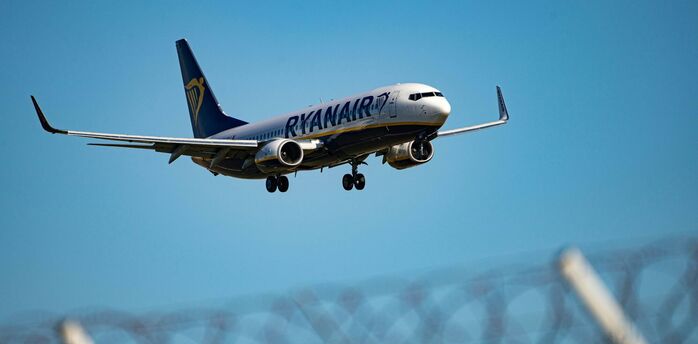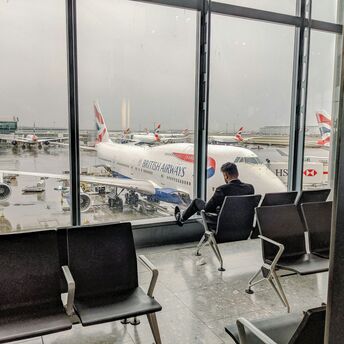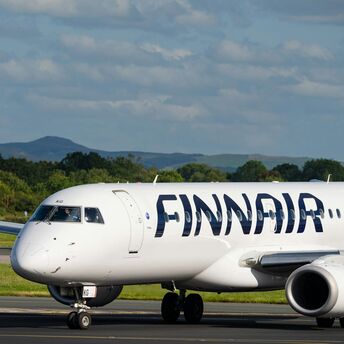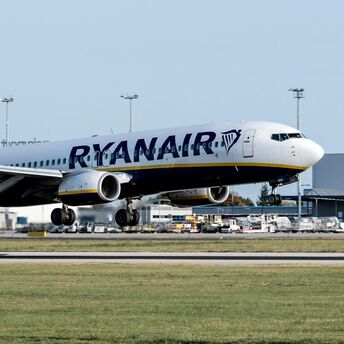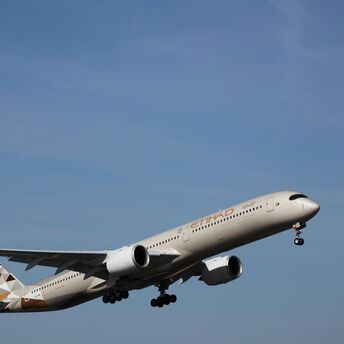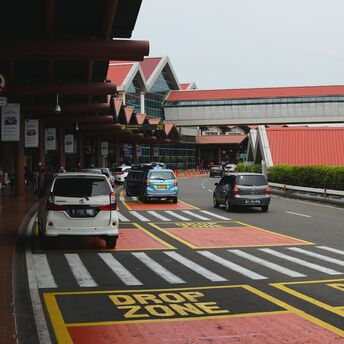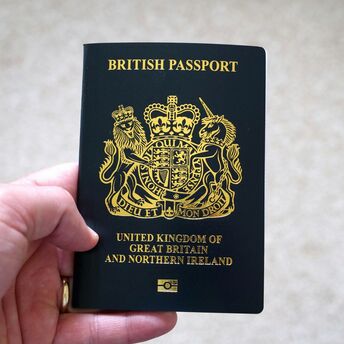Delta's Overbooking Strategy: A Tokyo Flight Challenge

Delta Air Lines faced a significant challenge when 42 passengers were bumped from an oversold flight from Los Angeles to Tokyo, highlighting the risks and rewards of the airline industry's overbooking practices. According to PaddleYourOwnKanoo, the situation unfolded as all passengers showed up, forcing Delta to offer $1,500 for volunteers to take a later flight, showcasing the complexities of managing flight capacities and passenger expectations.
This incident sheds light on the broader strategy of overbooking, a common practice in the industry aimed at optimizing flight capacities based on statistical predictions of no-show rates. Delta's approach, sometimes offering compensation up to $10,000, reflects its preference for voluntary adjustments over the more negatively perceived involuntary denied boardings. This strategy not only affects the airline's operational dynamics but also its standing with passengers and regulatory bodies.
The practice of overbooking, while beneficial in optimizing revenue and flight efficiency, is not without its pitfalls. As evidenced by Delta's recent predicament, the model can lead to logistical challenges and the need for substantial compensation payouts, as was the case between January and September 2023, with over 123,000 passengers compensated for oversold flights. Despite these challenges, the low number of involuntary bumps suggests a generally effective strategy in managing overbooking scenarios.
Delta's experiment with aggressive overbooking strategies, including plans to oversell flights by up to 5%, underscores the delicate balance airlines must strike between maximizing capacity and maintaining passenger satisfaction. This incident, while exceptional, provides valuable insights into the complexities of airline revenue management and the ongoing efforts to refine overbooking practices for the benefit of both airlines and passengers alike.


